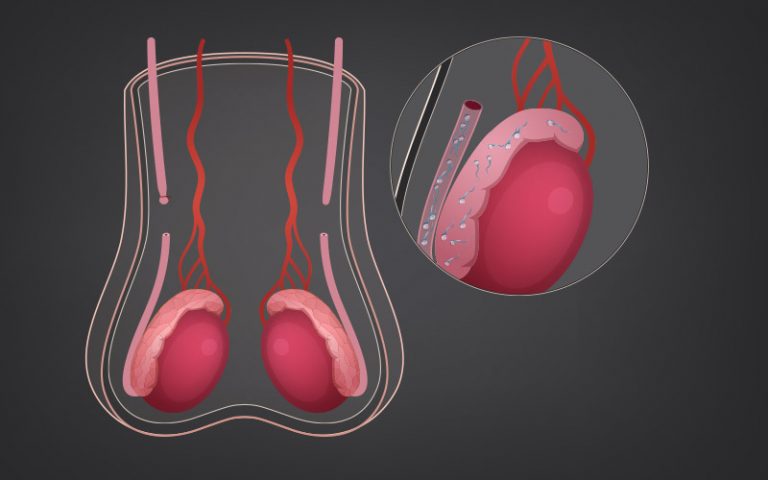VIDEO: Learn about vasectomies from Michael Gross, MD
What is a Vasectomy?
Vasectomy, or male sterilization, is a minor surgery that blocks sperm from reaching the semen that is ejaculated from the penis. A vasectomy is a permanent way to prevent pregnancy. During a vasectomy, the vas deferens tubes are cut or blocked to prevent sperm from leaving the testicles. The sperm stay in the testicles and are naturally absorbed by the body. Vasectomies do not change the ability to ejaculate and they do not change anything about the semen.
Urologists at Urology Clinics of North Texas will thoroughly discuss the vasectomy procedure with you to make you as comfortable as possible.
What to Expect
A vasectomy is a minor surgical procedure and you can go home right after. The procedure should last about 20 minutes and is performed in our office. You shouldn’t feel much pain during the procedure, you will receive local anesthesia for your testicles.
You should rest for at least one day after a vasectomy, but you should recover completely in a few days. You may feel sore or have minor swelling of the testicles. Depending on how quickly you recover, you can have sex about three days after a vasectomy. The procedure may not be immediately effective, so you should use another form of birth control until your urologist verifies there are no sperm in your semen. After the vasectomy, once you have had about 20 ejaculations, your doctor will conduct a semen analysis to confirm there are no sperm present.

VIDEO: Learn about vasectomy reversal from Dan French, MD
Vasectomy Reversal
A vasectomy reversal surgery attempts to restore the flow of sperm into a man’s reproductive tract. The patient will need to go under general anesthesia for this surgery, unlike the vasectomy. Vasectomies can be reversed, however, it is not guaranteed to be successful.
During a vasectomy reversal, your urologist will either reconnect the vas deferens or connect the vas deferens directly to the epididymis. Your urologist will determine which procedure will be needed at the time of the operation. Most men will have the procedure of connecting the two cut ends of the vas deferens.
What to Expect
Recovery for a vasectomy reversal can take up to 10 days and sex may be resumed after a few weeks. It may take 3-12 months before sperm counts return to normal. Vasectomy reversals tend to be more successful depending on the amount of time that has passed since the vasectomy. They are the most successful when it has been less than three years since the vasectomy was performed. The longer a man waits to get a vasectomy reversed, the less likely it is that he will be able to conceive a child naturally.

